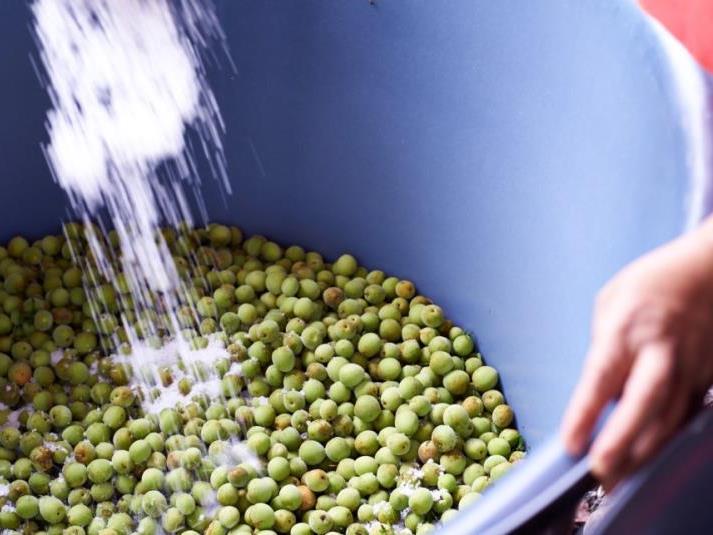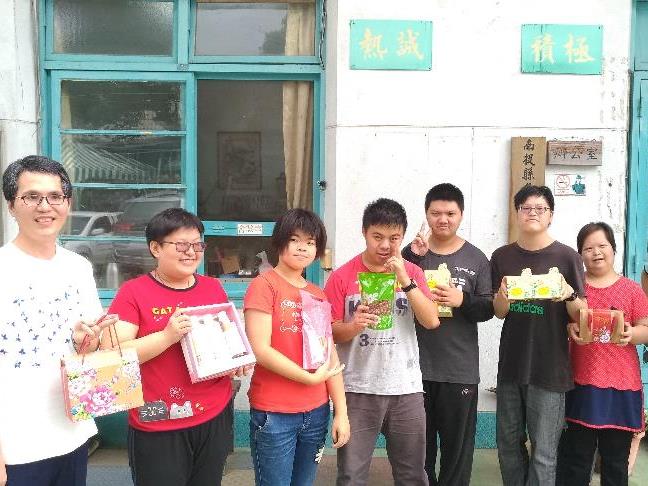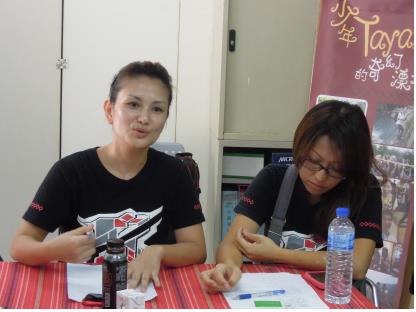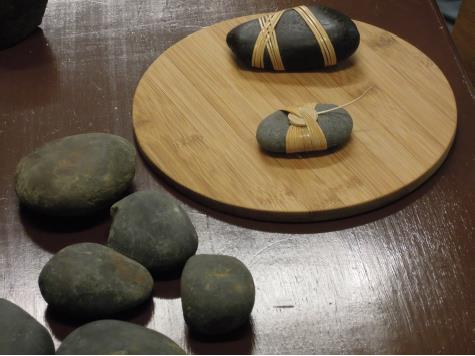Indigenous
Indigenous
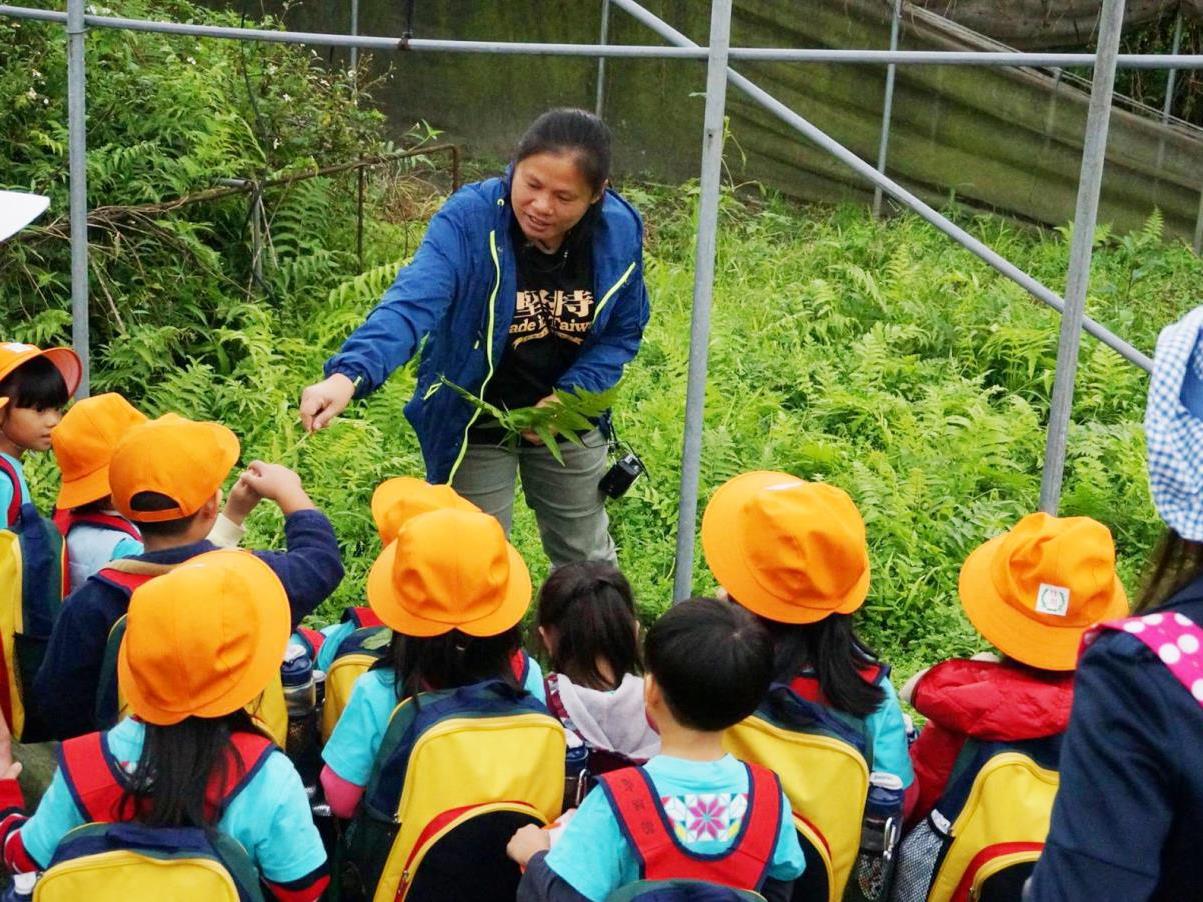
Home/Tag/Indigenous
Pangcah Leads Organic Farming and Restores Amis Food Culture
An Interview with Ms. Su Xiu-Lian, founder of Hualien Indigenous Agricultural Development Association
Written and photographed by Li Pei-Qi, Translated by YuAn Chen
Pangcah Organic Farm in Hualien leads by example to promote organic farming. Step by step, they develop an organic farming culture with local small-scale farmers by sharing their know-how. Through assiduous use of government subsidy programs, they solve workforce shortages by hiring middle-aged workers.
In a remote village in Hualien, workers of a farm hum and chat while picking sweet potato leaves. A day’s work is done with good humor and cheer.
Su Xiu-Lian, the founder of Pangcah Organic Farm (Pangcah is how Amis people identify themselves), started as a farming aficionado. Her passion and dedication turned her farm into the national benchmark of organic agriculture. From under a thousand square meters, the farm had expanded to 16 acres of fertile farmland. By using techniques such as crop rotation and companion planting, Su cuts back from using pesticides that harm the environment and produces healthy and safe vegetables for consumers. The mix of seasonal and year-round crops she grows includes soybeans, papayas, pumpkins, corn, and other various vegetables.
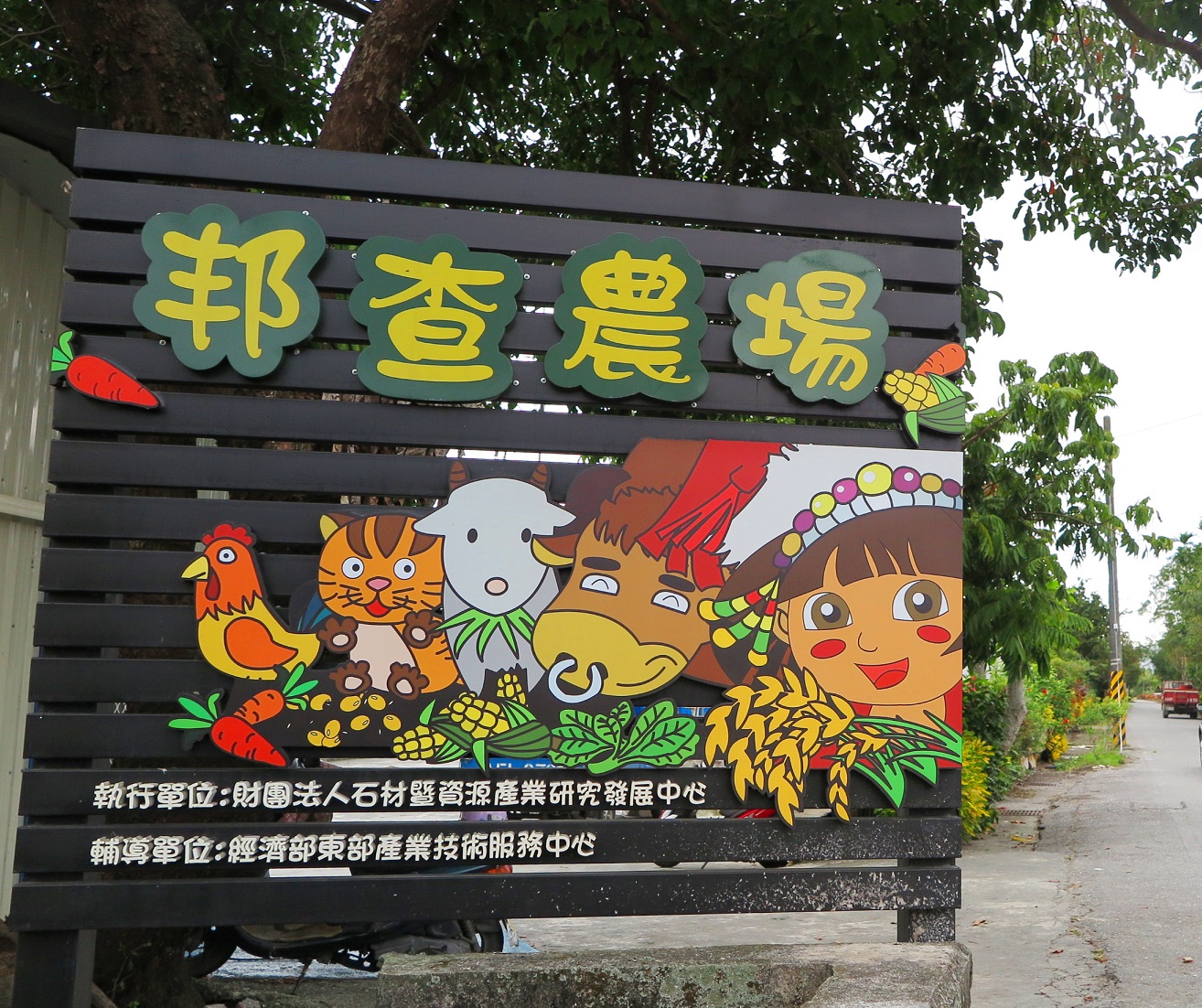
Photographed by Li Pei-Qi
Returning Home for an Organic Dream
Tired of doing odd jobs in the city, Su returned home, rolled up her sleeves, and pitched into the organic movement in 2002. “My plan was to lease several plots of land and grow vegetables without using pesticides.” Su said, “But I had no skills, no channels, and couldn’t even feed myself. I even gave up twice!”
In 2007, she leased 3 acres of land and established Pangcah Organic Farm. Three years later, the farm received the Tse-Xin Organic Certification, becoming the first farm in Guangfu Township recognized as an organic farm. Buoyed and inspired with purpose, Su founded the association to help local disadvantaged people and promote organic agriculture.
To operate the organic farm, Su applied to the Ministry of Labor for the Multi Employment Promotion Program to subsidize the workers’ salaries. The program not only solves the labor shortage problem common in farms, but it also offers opportunities for middle-aged workers to return to the workforce and gain new skills. From seeding to harvesting, Su teaches her workers and other local farmers how to farm organically.
“Keep lettuce properly distanced.” Su reminded her newest worker, “Unlike broccoli-type vegetables, lettuce needs more space to grow.” She currently employs eleven people, and some of them have worked for her for 8-9 years. The latest newcomer has only been working on the farm for a few weeks. When asked why she hires middle-aged people, Su replied, “If I don’t, who will? As long as they are willing to work, age doesn’t matter. With these skills, they can still feed themselves even if we close someday.”
Managing the farm with corporate inspired rules and enforcing them is Su’s key to creating a positive work atmosphere. Besides her management skills, her production plans are the cornerstone of running a sustainable farm.
Planning and Pacing Production Wins Contracts from Big Corporations
“Having sufficient supplies is the core of trade.” Su said, “It is a pity that most farmers grow a single crop to save time. Once they harvest their crops, they are out of stock, and out of luck with their customers.” To make sure the farm has abundant produce year-round, Su schedules her planting according to the orders she received. When Pangcah proved itself to be a reliable source of organic vegetables, Formosa Plastics Group and Yuen Foong Yu Paper Manufacturing Group signed up to be their patrons.
Su is more than happy to share her planning methods with local farmers. If they wish to learn, she will teach them everything she knows. “Isn’t it great that everyone can make a stable living?” she said, “I am already teaching them organic farming skills, why would I be afraid of teaching them my planning methods?”
She doesn’t stop at showing local farmers the ropes. To help farmers make a living and avoid being exploited by wholesalers, Su markets their crops under the “Pangcah” brand. She also helps them buy equipment in bulk through the association.
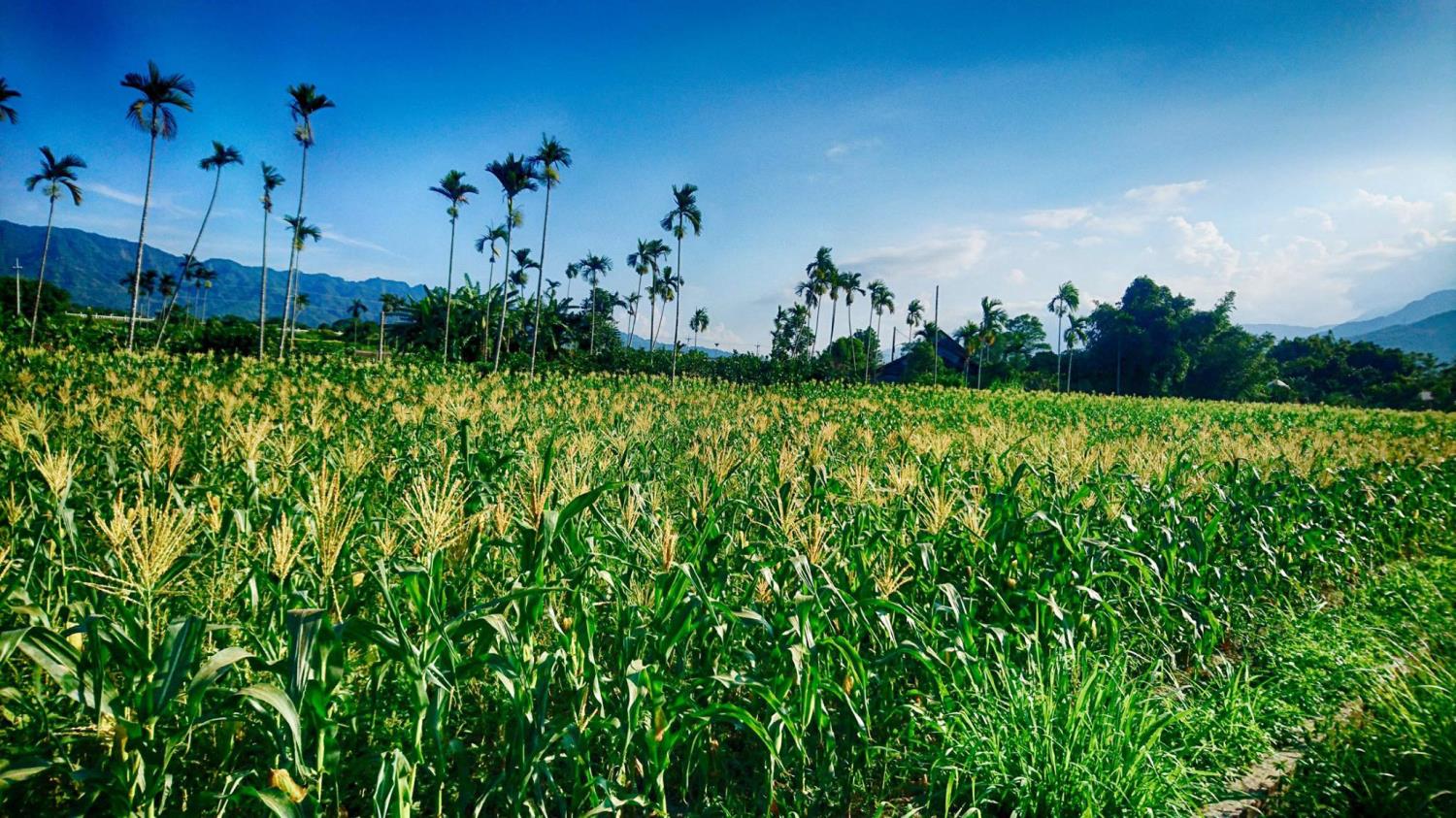
Back to the Basics: Restoring Amis Wild Herbs and Growing Soybeans
The next step for Pangcah is to pass on Amis food culture and educate people about the food they put in their bodies. To do so, Su initiated the “Ka Lin Ku Agricultural School Program” through MOL’s Empowering Employment Program.
Pointing at a clump of grass off the road, Su said, “You may call this a weed, but to Amis people, it is a delicacy found in the wild.” As part of restoring Amis food culture, Su sectioned off an area to grow these wild plants. “The Amis lived off the mountains.” Su said, “But due to climate change and pesticides, wild herbs that used to be everywhere have disappeared.”
After painstaking efforts to find the seeds, the farm now has lablab beans, millet, velvet plants, spiny bitter gourds, oval-leafed pondweed, and watercress growing in the preserve. Su plans to record the stories behind the wild herbs, including how to cultivate and cook them. By doing so, she hopes to restore a part of the lost Amis culture.
Another part of her program is to grow organic soybeans. For such an essential staple of the island’s diet, Taiwan imports 90% of the beans used. Su wants to supply organic beans so people can enjoy soy products worry-free. To do this, Su has been preparing to set up a pilot run for her soybean project. She hopes someday Guangfu will be known for its organic soybeans.
Pangcah’s growth and success is an inspiring proof of a future in organic agriculture. “I hope Pangcah becomes a small farm again.” Su said, “If it does, and more organic farms pop up in its stead then my deed is done!” No matter how long she can run the farm, Su’s love and vision for organic farming push her onwards. “Don’t fear failure, not starting is ten times worse! Sometimes, you just have to do it to see if it works.”
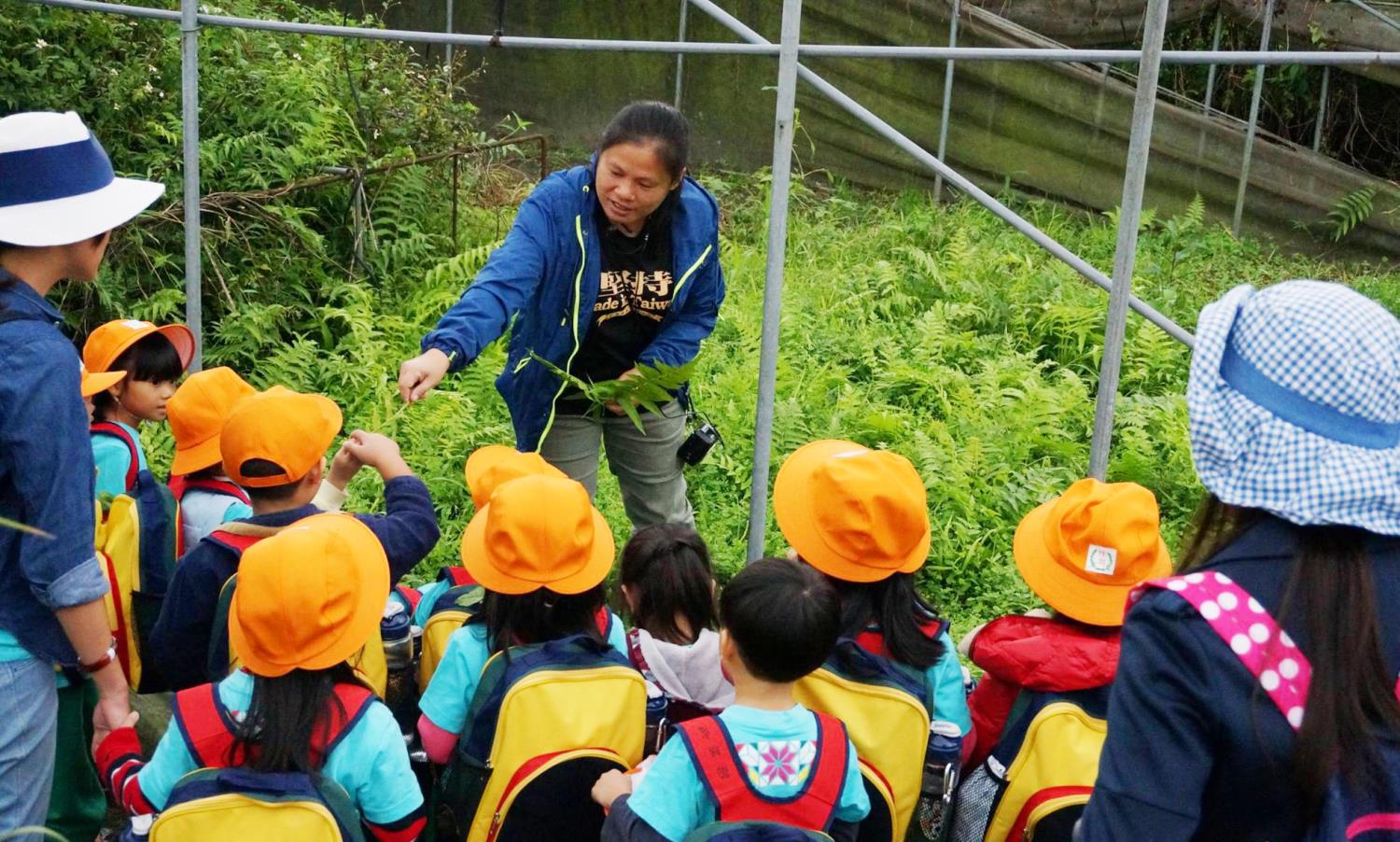
Provided by Pangcah Farm

This work is licensed under a Creative Commons Attribution-NoDerivatives 4.0 International License.
Please attribute this article to “Workforce Development Agency, Ministry Of Labor”.

